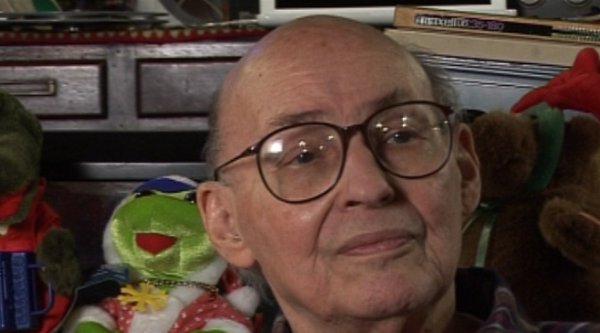For example, to understand modern physics, there are about 20 little well defined problems in mathematics or areas of mathematics that you have to understand: acceleration and velocity, the kinds of mechanics that began with Galileo and Newton can be compressed into a... a small book called Classical Mechanics and you can take a course in college and learn about gyroscopes and all sorts of different kinds of machinery. In some sense, that stuff is very compact and it ends up with just a few principles. The same for electricity, in the late 19th century, the great scientist... Clerk Maxwell found four laws, just as Newton found three laws for mechanics that explained most ordinary phenomena in... to some extent, Maxwell found four equations or principles that explained electricity and magnetism and that was a wonderful thing.
So now most of everyday physics could be partly explained at least by these seven laws, the three Newton and four Maxwell. Around early 1900s, Einstein squashed the Maxwell equations to be one or two rather than four, that was an amazing little bit of progress because he discovered that electricity and magnetism are... can be seen as the same thing from different points of view, completely unexpected kind of development. So physics got simpler and simpler and science was wonderful and beautiful and chemistry was beginning to be understood too. Things went... got into trouble in the 1920s when instruments became... new kinds of instruments were developed that showed that there were a lot of much less predictable events when you started to look at very small things and the part of science called quantum mechanics started to appear and raised some really difficult questions that we’re still making progress on today. So, we've been... that sort of set things back for almost 100 years by making the world seem much more complicated than it had after Newton and Einstein.






